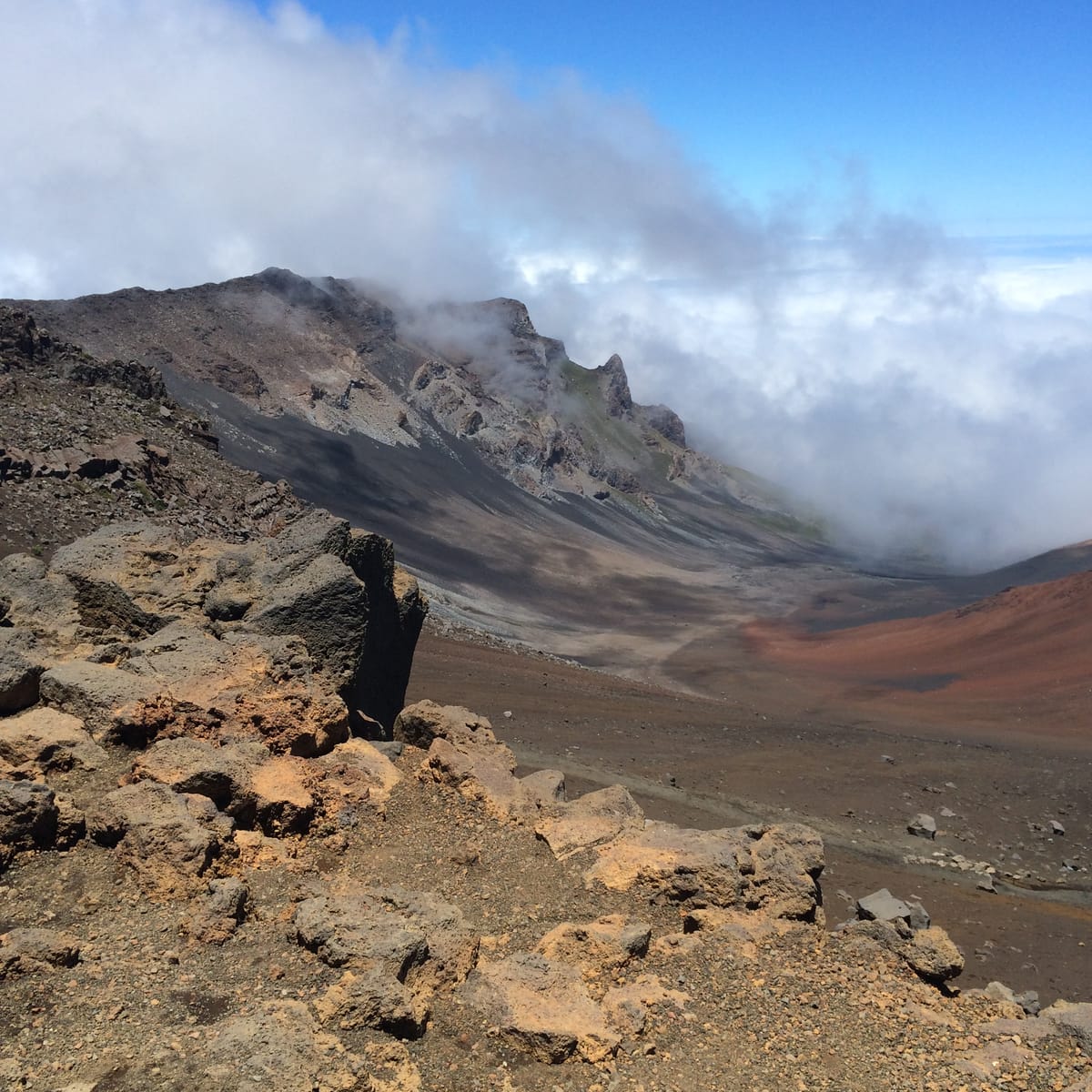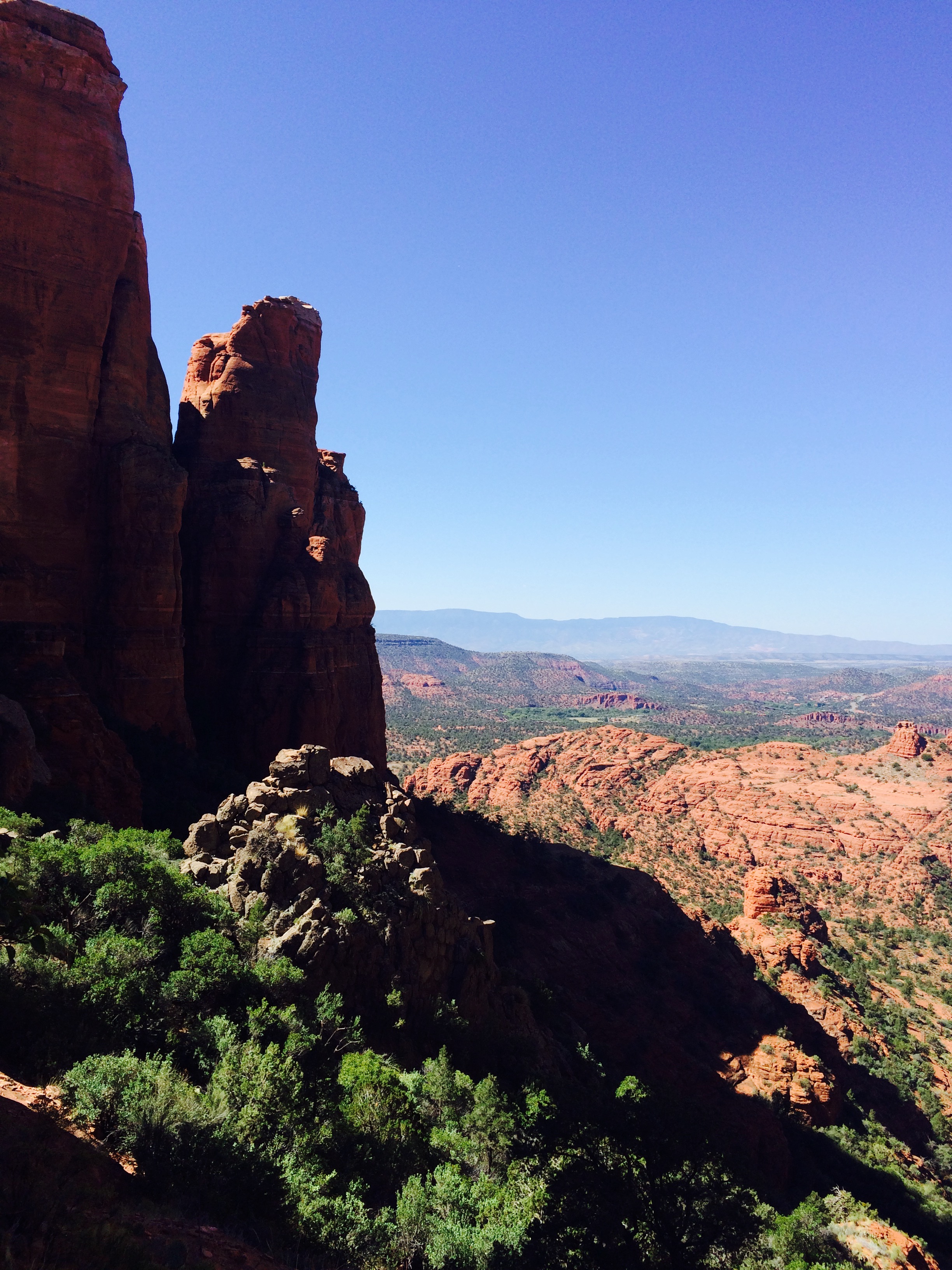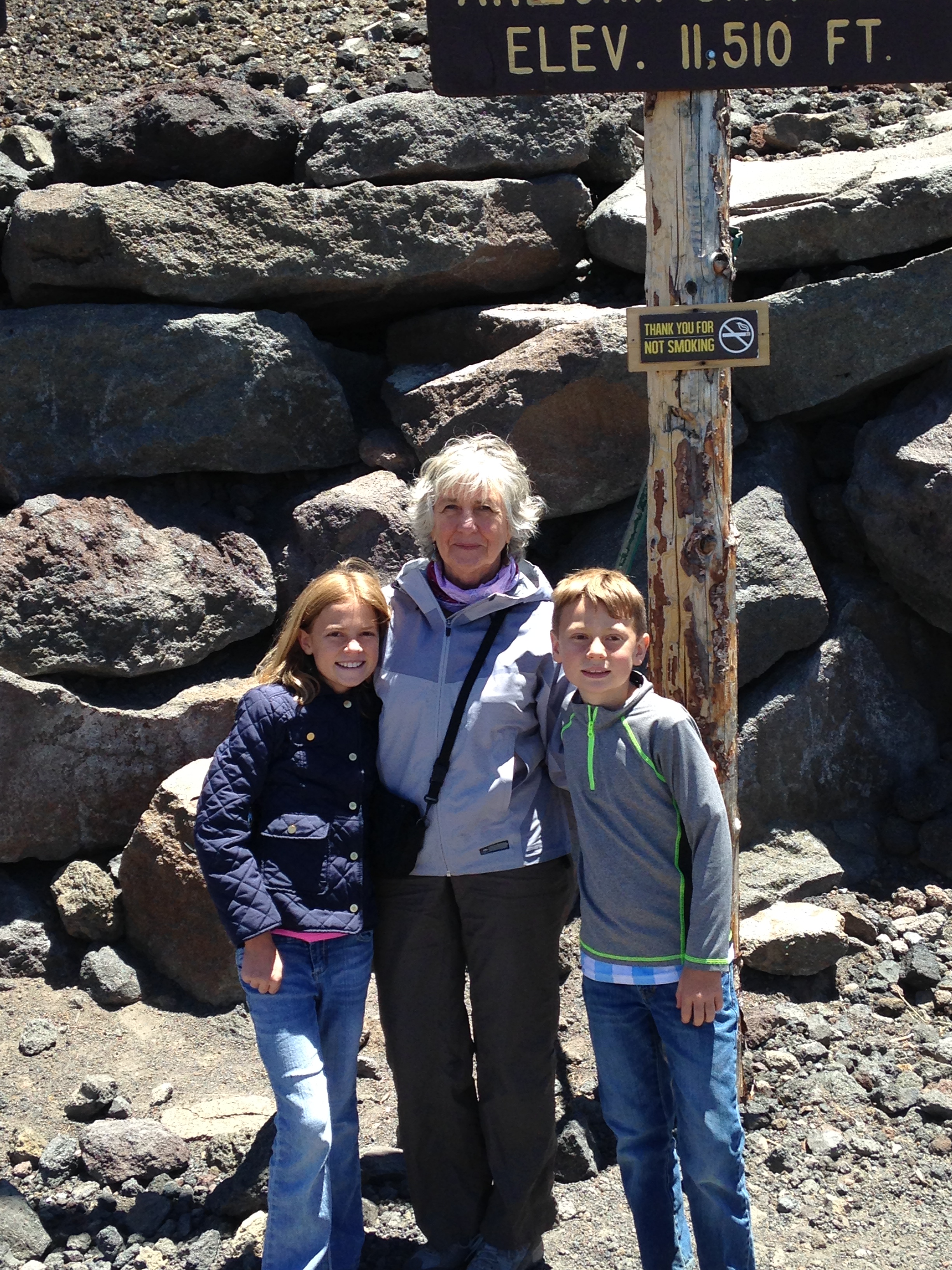Preventing Altitude Sickness Symptoms
Stay safe at high altitudes: Expert tips to prevent altitude sickness, acclimate effectively, and enjoy adventures like Machu Picchu safely.

Natural High: Keeping a Healthy Altitude
Going skiing, driving over a mountain pass, hiking the Rockies, exploring Machu Picchu, summer or winter, many people travel to a higher altitude to enjoy the adventure or the scenery. Higher altitudes, especially those above 8,000 ft., can be fun. But they can also be uncomfortable, dangerous; even deadly.

No one is immune to altitude sickness. Young, old, male, female, fit or not, anyone can get it. You never know. Take Sir Edmond Hillary. He and his Sherpa were the first people to climb Mt. Everest (29,028 feet above sea level). Later he developed such severe altitude sickness at lower levels that he could no longer follow that passion.
No matter how high you go, higher altitudes mean less oxygen per breath. Less oxygen means your oxygen processing mechanisms work harder. You huff and puff to get the oxygen you crave into your lungs. Your body releases stress hormones.
Altitude Sickness Symptoms
In a day or two, maybe sooner, you can develop altitude sickness symptoms. You may feel like you have a hangover or the flu. However, the headache, insomnia, nausea, and shortness of breath are just symptoms of your body struggling to adjust. In the worst scenario, at really high altitudes for most people, your body compensates by releasing fluid into your brain or lungs, termed high-altitude pulmonary edema (HAPE) and high-altitude cerebral edema (HACE). Those are the potentially deadly reactions.
So, here are some tips for preventing altitude sickness and to help you feel good and come back safely, no matter how high you go.

Preventing Altitude Sickness
1. Take it slow. Your body can acclimate to higher altitudes if you increase the altitude slowly. Like spend a night in Denver before hiking the Rockies. If hiking or climbing over 8,000 ft., increase your altitude by 1,000 ft. per day.
2. Take it easy. Spend a relaxing day to acclimate to the altitude before exerting.
3. Avoid alcohol (24-48 hrs.), cigarettes, sleeping pills, opiates, and tranquilizers. They interfere with your breathing.
4. Drink plenty of water. High altitudes contribute to dehydration.
5. Eat slow-burning complex carbohydrates like bread, cereal, and pasta. Some people feel that avoiding refined sugar is helpful.

6. Take ibuprofen. One study showed it might prevent altitude sickness; plus it can help a headache.
7. Stay at a lower altitude until you feel better if you have symptoms of altitude sickness. Your symptoms will only get worse or create an unhealthy situation at a higher altitude.
8. Clear a high-altitude trip with your doctor if you have heart disease, COPD, sickle cell anemia, or sleep apnea.
9. Be extra careful if you are diabetic. The released stress hormones can upset the delicate balance between blood sugar that is too low or too high. Be sure to check your blood sugar if you are feeling ‘off.’ Some glucose meters may not be accurate if very high or very cold.
10. Consider taking acetazolamide (Diamox), a prescription drug, if recommended by your doctor. It causes a series of chain reactions in the body resulting in additional oxygen intake. However it can have significant side effects and is not a total solution to altitude sickness.
Treating altitude sickness
1. Go to a lower altitude. Reducing the altitude by 1,000 to 2,000 ft. will help you feel better.
2. Consider supplemental oxygen. Oxygen is now available at spas and in cans at some high-altitude towns. But be wary, too much oxygen can be as harmful as too little.
3. Seek medical help immediately if your symptoms worsen, such as trouble standing, mental confusion, extreme fatigue, or difficulty breathing at rest.
Follow these general guidelines. Have more fun. Be safe. Travel well.

The following links can provide more information on Treating and Preventing Altitude Sickness Symptoms
International Society of Mountain Medicine
Travel Doctor
Web MD
Read more travel tips from our Healthy Traveler columnist.
Avoid Zika and Other Mosquito-Borne Diseases
The Power of Green




